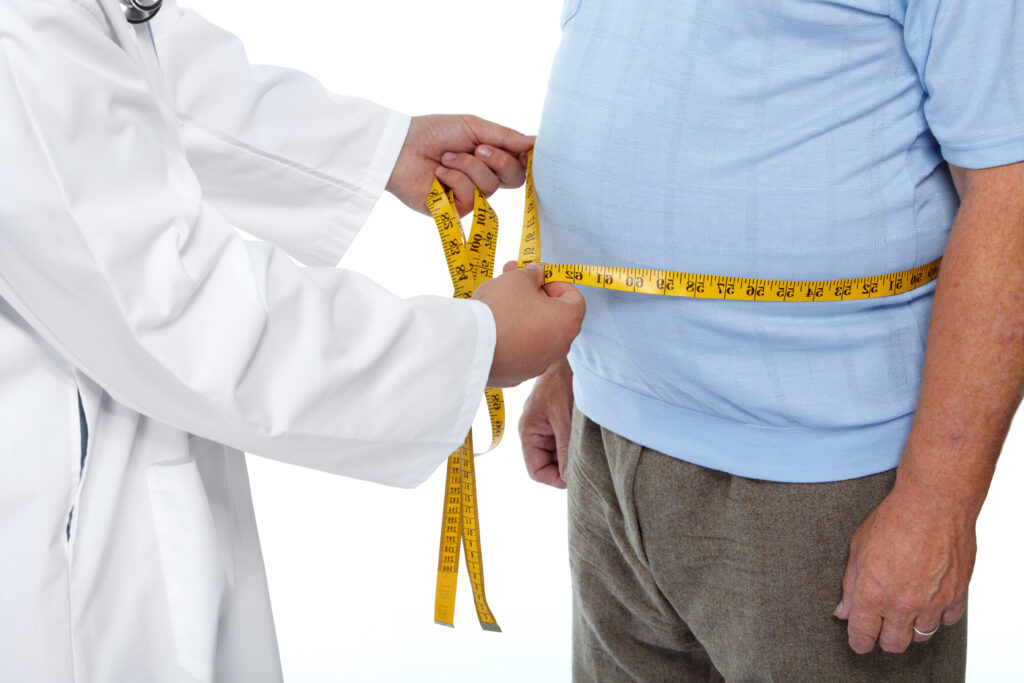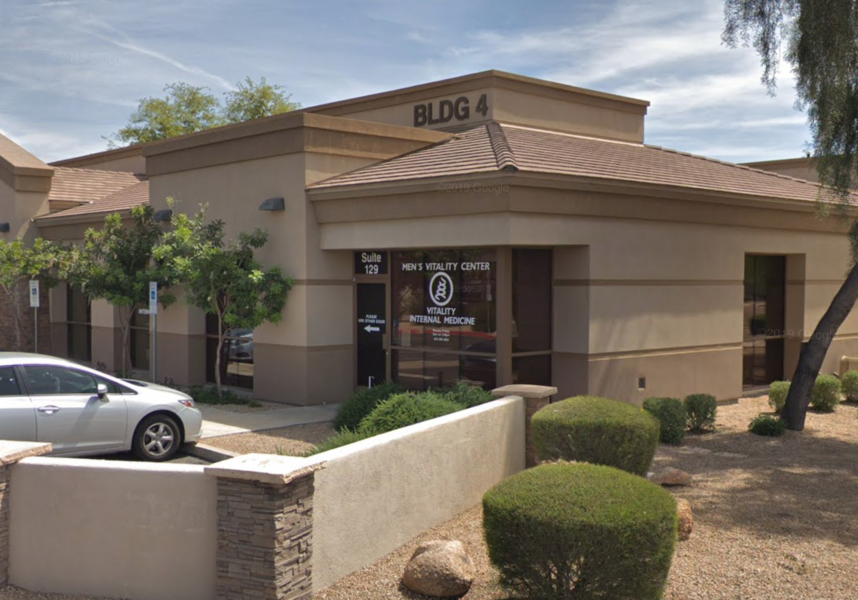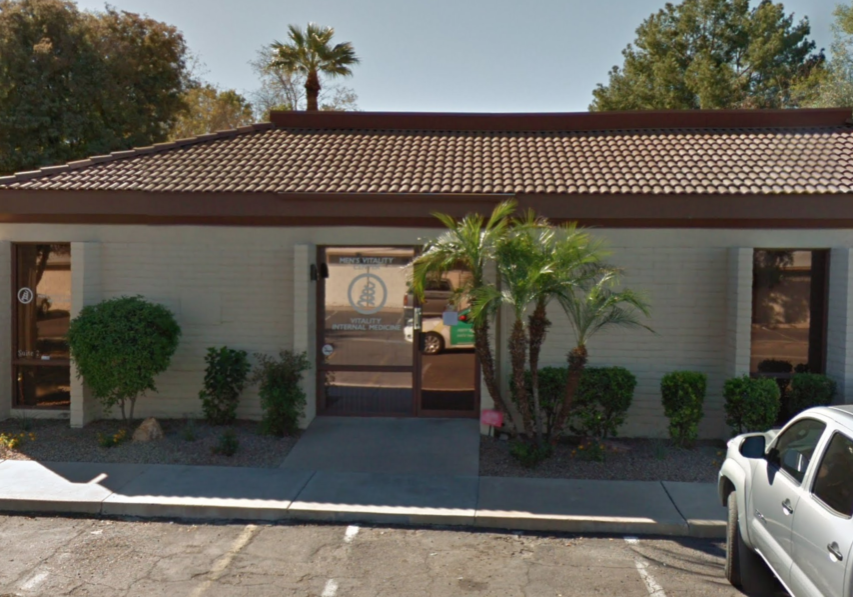Over 27 million people worldwide suffer from prescription drug addictions. Most of these prescription drugs are opioid pain relievers, given to medical patients following surgery or chronic pain treatment.
Is your loved one among these millions of users? The answer might not be as easy as it seems, at least in the beginning phases. Some opioid addicts may not show any signs – they may go about their daily activity, complete their work and daily tasks, and end the day like any other day. However, it is when they get caught trying to fill a fake prescription that it shows their addiction.
Like with most other addictions, the longer the behavior persists, the stronger the addiction becomes more visible for others to notice. Even if a loved one may try to hide it, the change in behaviors will become more noticeable. Whether they are a sibling, extended family member, friends, and even spouses, anyone can be affected. Below are the five biggest indicators of prescription drug addiction symptoms that loved ones can show.
Extended Drowsiness During the Day
One of the most visible symptoms of prescription drug abuse is increased tiredness. When a loved one starts dozing off during a conversation, show signs of droopy eyes or struggling hard to carry out normal daily activities, this may be a sign. Although some will mistake this for “just being tired”, those affected will demonstrate this at various times during the day.

Drowsiness from prescription drug abuse can happen anywhere at any time.
This increased tiredness can influence their motivation levels and ability to focus, too. There may be an increase in typical “I’ll do it later” responses, like “I’m too tired right now” and “Wait, can you repeat that again?”
Fluctuation in Body Weight
Opioid addicts can show both signs of drastic weight loss and weight gain. Weight loss stems from metabolic changes and changes in a specific center of the brain. With serious opioid addictions, like heroin abuse can suppress the pituitary gland. This gland is responsible for hormone production that affects appetite. In addition to increased drowsiness, this cycle can severely cut weight.
However, chronic opioid use can also lead to weight gain. Some individuals will have a higher preference for sugar. Combine that with an altered glycemic control, this can also cause higher spikes in weight gain.
Change in Energy Levels
Those undergoing opioid abuse will generally show lower signs of energy. Not only does this happen from the lack of appetite and constant drowsiness, but because the body functions much more slowly when under the influence. Overall, loved ones will react much slower to outside stimulus, finishing a task or even responding to a question. This causes a huge drop in the body’s energy levels.
Change in Behavior
A reappearance of old habits and new habits may kick in. Some will find themselves smoking cigarettes again, drinking more often, and even lying/sneaking around more often. In some cases, loved ones may resort to criminal activity, including stealing. This can extend as far as reaching out to elderly relatives to take their prescriptions.
Loss of Relationship Value
One of the biggest concerns for those with loved ones abusing opioids is the value of their relationship. For many that is a long way down the road of prescription drug addiction, the most common symptom is the strain on their current relationship with those around them. Dishonesty, sneakiness, lack of integrity, increased aggression and physical absence are large factors to severely damage a relationship.

Strain on relationships can occur with those affected by prescription drug abuse.
Seek Help for Prescription Drug Abuse
If your loved ones are showing these signs, whether they are minor or major, it is recommended to look for a doctor for them. Although some treatment types will differ based on the degree of addiction, the first step is to seek medical attention and get an introduction to possible suboxone treatment.
Schedule an appointment with McKellips Internal Medicine today and have our team of opioid addiction specialists takes a look at the situation with you. Remember, if you love someone with a prescription drug addiction, it is important not to neglect your own needs. It all starts with you finding them help.
Schedule Your Appointment
Fill out an appointment request to have one of our team members reach out to you or CALL(480) 534-5846 to set up your appointment today.
Find a Men's Vitality Center Near You
We pride ourselves on being a comprehensive Internal Medicine practice that specializes in Male Testosterone Replacement Therapy (TRT), Women's Hormone Replacement Therapy (HRT), Adult Internal Medicine and Opiate Addiction Treament near you.
3 Locations Valley-Wide to Best Serve You. Select a Clinic Below for Location Details & Google Reviews









